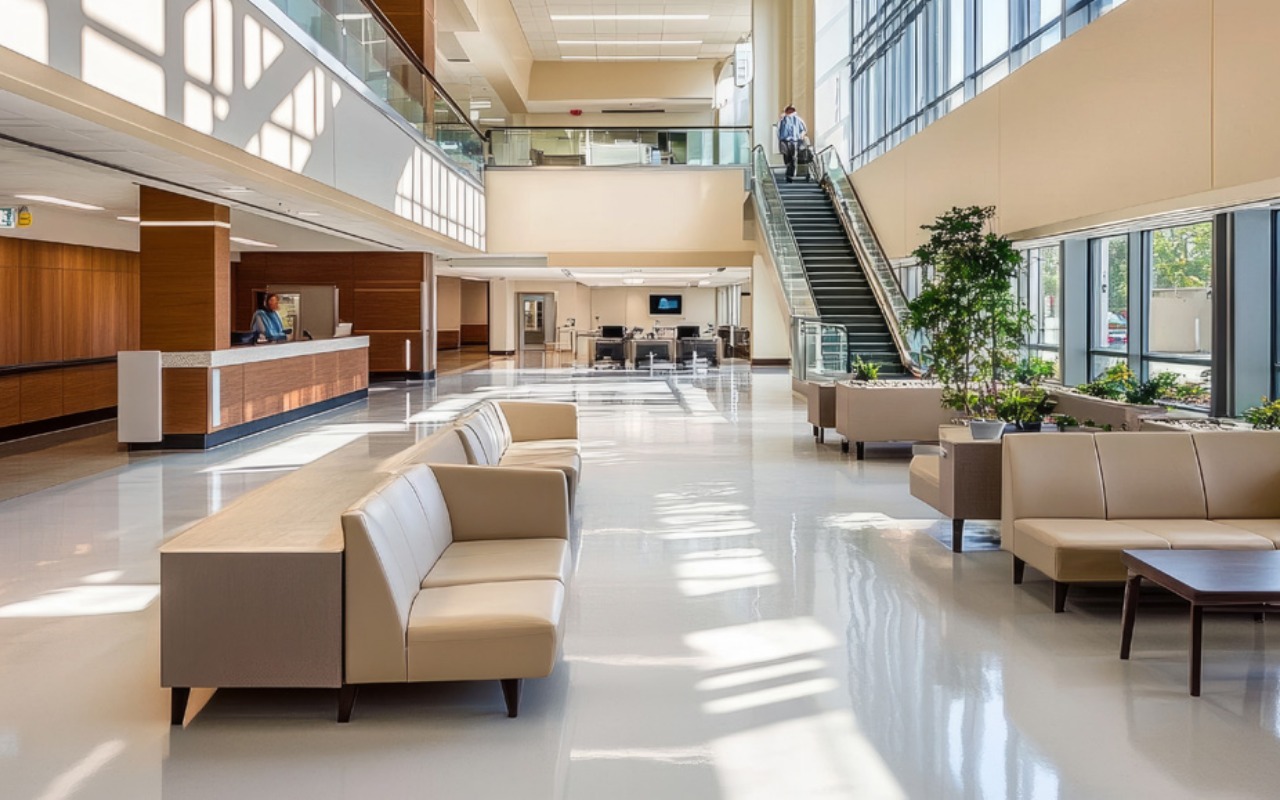
One component of net rent is the Common Area Maintenance (CAM) fee that a landlord includes in the commercial lease. CAM is considered part of the landlord’s operating expenses and overhead and often appears in commercial leases.
CAM expenses usually include hallways and stairwells, elevators, lobbies, parking lots, landscaping, and any building security costs, depending on the type of property leased, e.g., industrial, office, or retail. Ordinarily, the net rent charged is an estimate based on the square footage of the leased property divided by the gross leasable area, payable in installments or annually, depending on the agreement.
Anticipated CAM expenses are part of the landlord’s annual budget, and the net rent total will depend on that amount. If the tenants have overpaid at the end of the year, the landlord will credit the tenants the overpayments. If CAM costs exceed what the tenants have paid throughout the year, the tenants will still owe the lump sum to the landlord.
CAM should be clearly spelled out in the agreement, so pay close attention to the details to avoid paying for items you did not agree to. If, for example, the CAM charges include a new roof that is expected to last for 20 years, should the tenant on a two-year lease be required to pay for the roof? Landlords will try to shift much of the maintenance onto the tenants, while the tenants will try to avoid paying for much of the maintenance.
CAM varies from year to year. As property managers improve operating efficiencies, certain expenses can decrease. At the same time, new repairs and improvements can often create new line item expenses that may not have been part of a prior budget. It is always best to try and spell out exactly what fees are not included in CAM and to try and limit the annual increases not to exceed a certain fixed percent so that the tenant isn’t surprised when the rent increase comes in subsequent years.
It is best for both Landlords and Tenants to be as explicit as possible when itemizing those maintenance issues for which the tenant will be responsible. Kleiner Law Group is here to help Contact us to avoid a costly dispute and audits and ensure that the proposed tenant will be able to meet its obligations to pay rent.